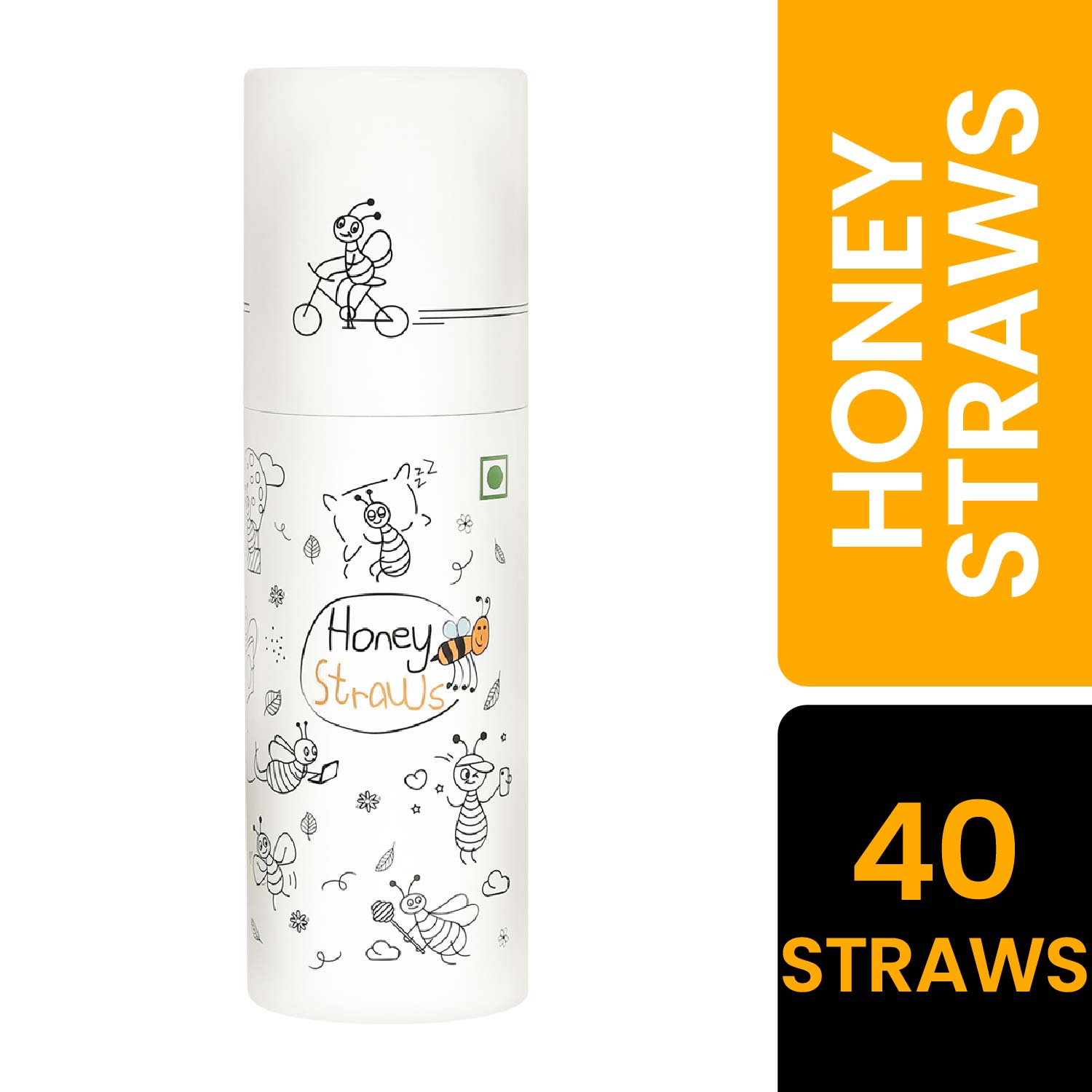Breast cancer is one of the most prevalent cancers affecting women worldwide, with millions of new cases diagnosed annually. As research advances, there is a growing interest in natural remedies and alternative therapies that can complement conventional treatments. One such natural product is honey, known for its health benefits, including potential cancer-fighting properties.
1. Honey and Its Medicinal Properties
Honey has a rich history as a healing agent, used for thousands of years in various cultures to treat wounds, infections, and inflammation. What makes honey so special? Its unique composition includes powerful antioxidants, flavonoids, phenolic acids, and enzymes—all of which contribute to its healing properties. These compounds have been shown to reduce inflammation, combat free radicals (which can damage cells), and even demonstrate anti-cancer potential in some studies.
- Honey’s Role in Cancer Prevention
Recent research suggests that honey may offer anti-carcinogenic (anti-cancer) benefits. Certain types of honey, such as Manuka and Tualang honey, are particularly noted for their medicinal effects. Honey’s rich antioxidant content helps boost immunity—a vital factor for cancer prevention and treatment. For cancer patients, maintaining a strong immune system is critical, and honey could offer natural support.
Various studies have investigated the anticancer properties of honey on different cancer cell lines, including those of the breast, prostate, colorectal, and kidney. While research is still developing, honey's chemo-preventive properties are largely attributed to its bioactive compounds like quercetin, luteolin, and caffeic acid esters.
- Honey and Breast Cancer Research
When it comes to breast cancer, several studies have demonstrated honey’s potential effects on cancer cells:
- Anti-proliferative effects: Honey has shown promise in slowing the growth of breast cancer cells. Research on Manuka and Tualang honey has demonstrated their ability to inhibit the spread of breast cancer cells in a dose-dependent manner.
- Pro-apoptotic effects: Honey encourages cancer cells to undergo apoptosis, or programmed cell death. For instance, studies show that Tualang honey can induce apoptosis in breast cancer cell lines by activating specific pathways, such as the mitochondrial apoptotic pathway, enhancing the cancer-killing effects of drugs like tamoxifen.
A noteworthy study involving Tualang honey showed that when combined with tamoxifen, a common breast cancer treatment, the honey enhanced tamoxifen's anti-cancer effects, helping to reduce the side effects and dose required.
- Honey as a Complementary Therapy
Though honey is not a stand-alone treatment for breast cancer, it holds potential as a complementary therapy. Honey has been used to alleviate some side effects of traditional cancer treatments like chemotherapy, such as oral mucositis—a painful inflammation of the mouth that many cancer patients experience.
Research also suggests that honey’s immune-boosting properties could help patients maintain overall health during treatment, supporting recovery and reducing complications. Moreover, its ability to assist in wound healing and tissue repair further adds to its therapeutic appeal.
5. Incorporating Honey into Your Diet for Overall Wellness
Adding honey to your diet is an easy and natural way to promote wellness. Here are some practical tips:
- Tea and Smoothies: A tablespoon of honey can sweeten your tea or smoothie without the health risks associated with refined sugar.
- On-the-go snacks: HoneyAllDay offers convenient honey pouches and honey straws for a quick, healthy energy boost.
- Honey for breakfast: Drizzle some honey over oatmeal or yogurt for a nutritious start to your day.
It’s important to enjoy honey in moderation, especially since it is still a source of sugar.
6. Is Honey Safe for Breast Cancer Patients?
Although honey offers numerous health benefits, it’s important for breast cancer patients to consult their healthcare provider before making any dietary changes. While honey may support overall wellness, it should be consumed in moderation, especially by individuals managing their sugar intake or those with specific dietary needs.
Breast cancer patients should also ensure they are choosing high-quality, truly raw honey to maximize its potential benefits. HoneyAllDay, India’s 1st cold processed honey ensures that the natural properties of honey remain intact.
While more research is needed to fully understand honey’s role in breast cancer prevention and treatment, current findings suggest that it can offer several health benefits. From its antioxidant and anti-inflammatory properties to its potential in managing chemotherapy side effects, honey is an excellent natural addition to a healthy lifestyle. As we continue to explore honey’s role in cancer research, one thing is clear: incorporating honey into your diet can contribute to overall wellness and may offer support during cancer treatment.
Can honey help in breast cancer treatment?
Ans. While honey has antioxidant and anti-inflammatory properties, it is not a substitute for conventional breast cancer treatments. It may support overall health during treatment.
What are the health benefits of honey for cancer patients?
Ans. Honey may help with reducing inflammation, boosting immunity, and improving healing. However, it should be used as a complementary food, not a primary treatment.
Is honey safe for breast cancer patients?
Ans. Honey is generally safe for most people, but breast cancer patients should consult their doctor before adding honey or any other supplements to their diet.
For those looking to add a natural, nutritious option to their diet, honey—especially truly raw, cold-processed, HoneyAllDay—can be a valuable part of their health journey.





